The Swiss Education System Explained
Ever wondered how the Swiss education system works? Then this graphic is for you.
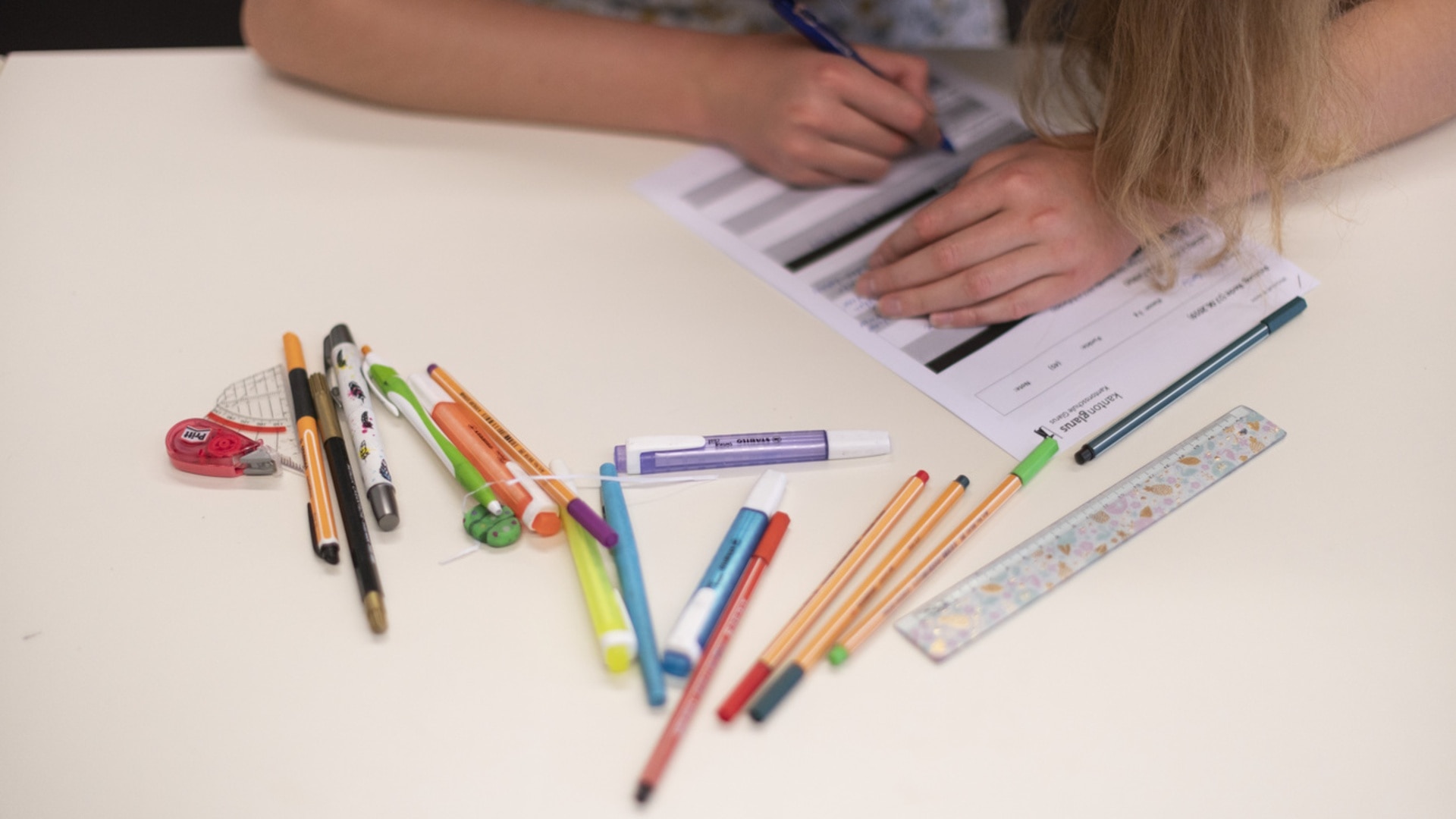
Send us a link
Ever wondered how the Swiss education system works? Then this graphic is for you.

European research leaders have reacted with disappointment to Switzerland's expulsion from the body that coordinates scientific infrastructure across the continent.
Switzerland has lost an important tool for shaping the European science agenda, complains a high-level research group.
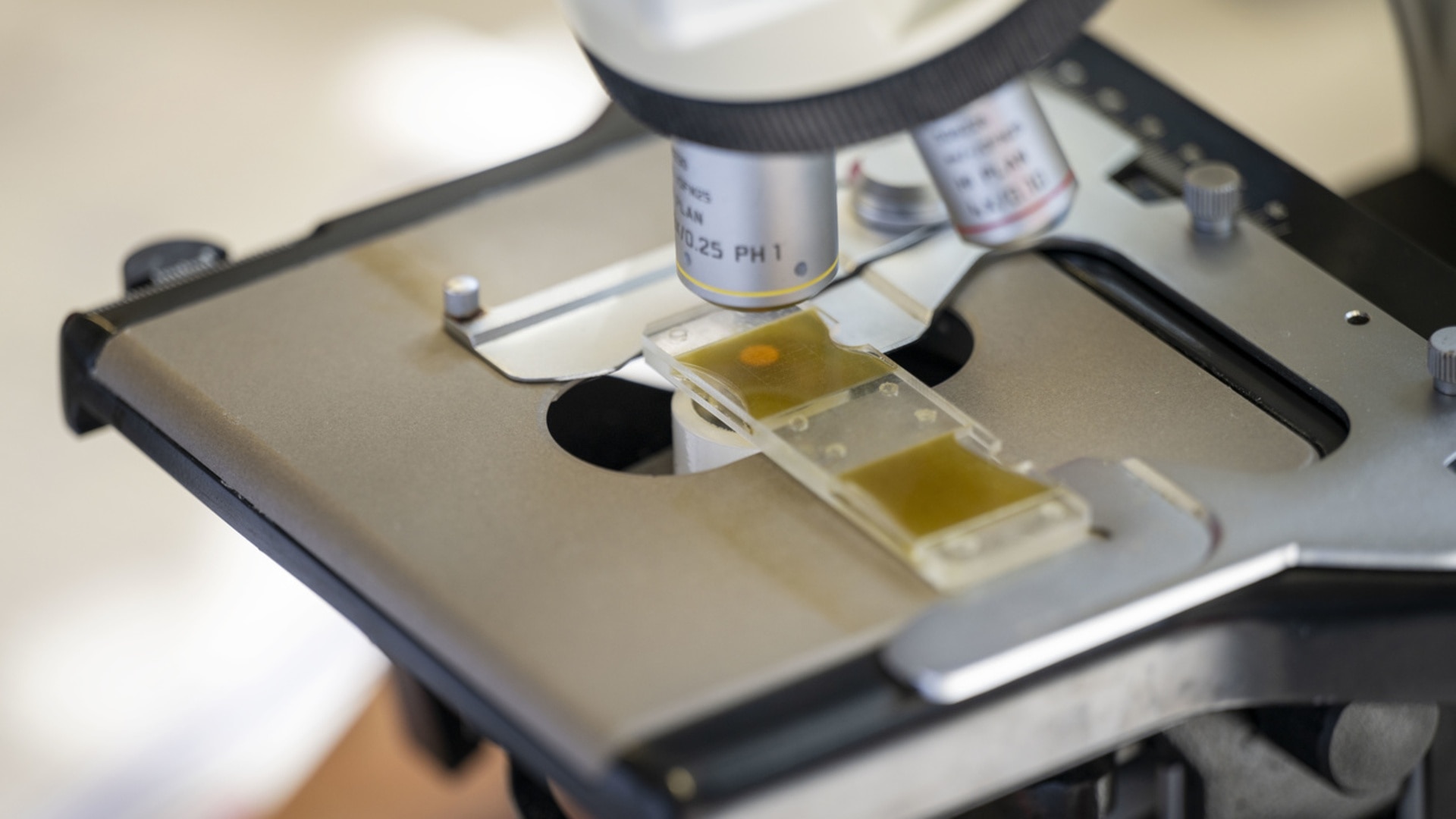
Of 174 UK-based ERC grant winners 23, or around one in eight, have decided to relocate, while only four of 66 researchers based in Switzerland did so.
Switzerland and other rich countries want to maintain privileged access to vaccines and life-saving treatments - putting global public health at risk.
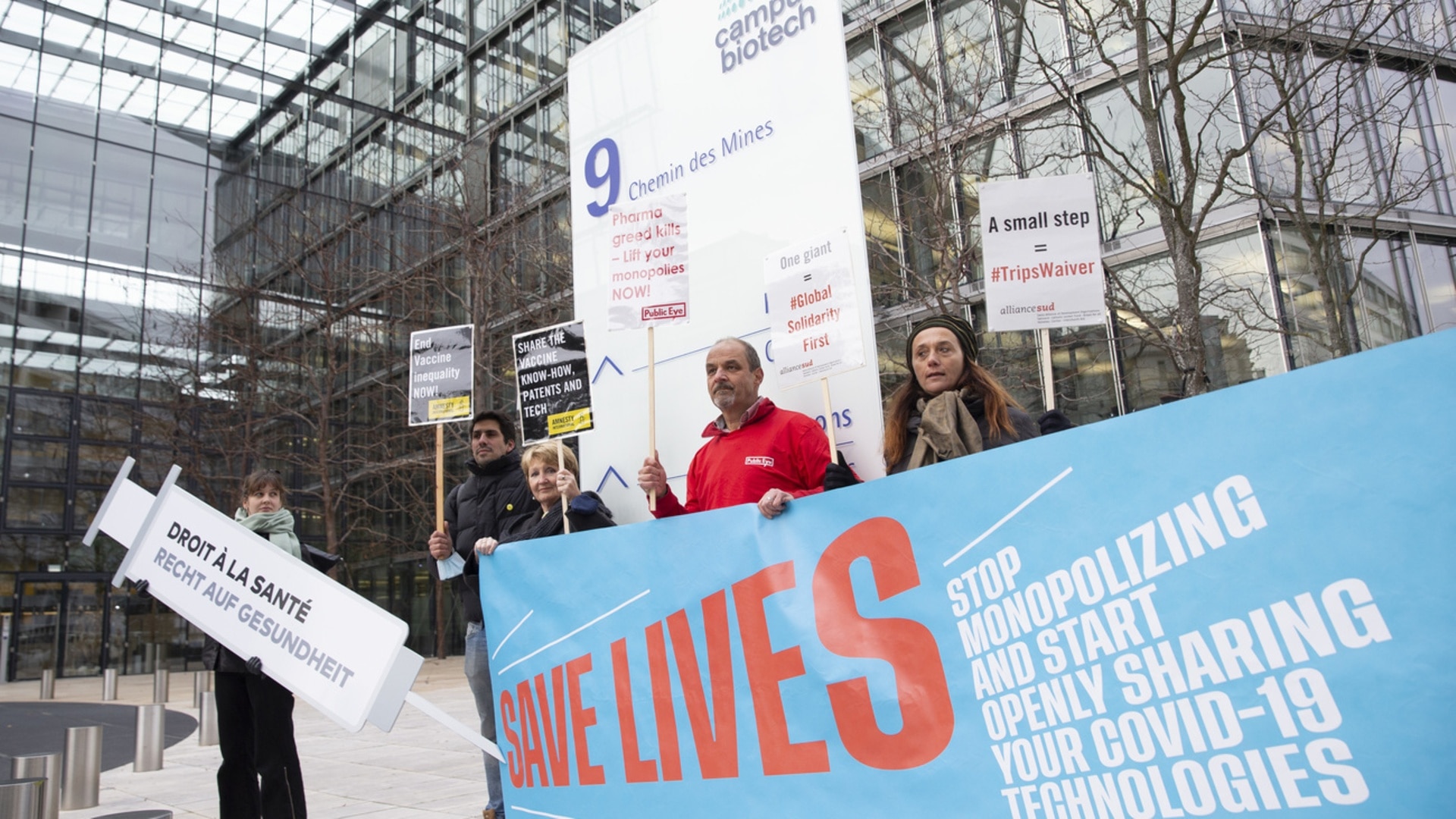
Political tensions mean both nations have been shut out of the EU's prestigious Horizon programme.
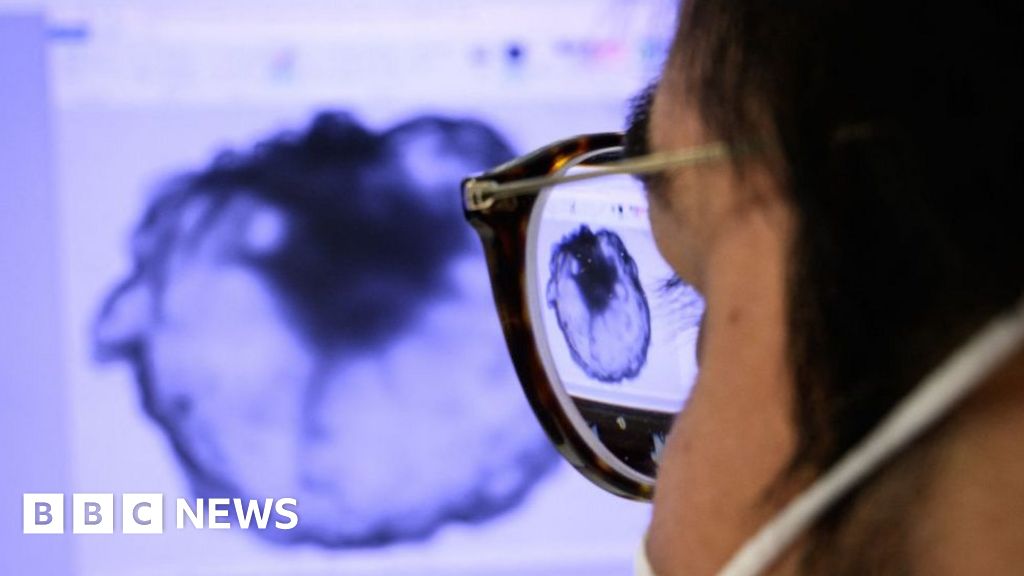
ETH Zurich is opening a new research and teaching centre with a focus on exploring the origin and prevalence of life on Earth and beyond. Under the leadership of Noble Laureate, Didier Queloz, more than 40 research groups from five departments will address the big questions posed by humankind.
The SNSF has been awarding grants to research projects across all scientific disciplines since 1952. How has the amount of funding evolved over time?
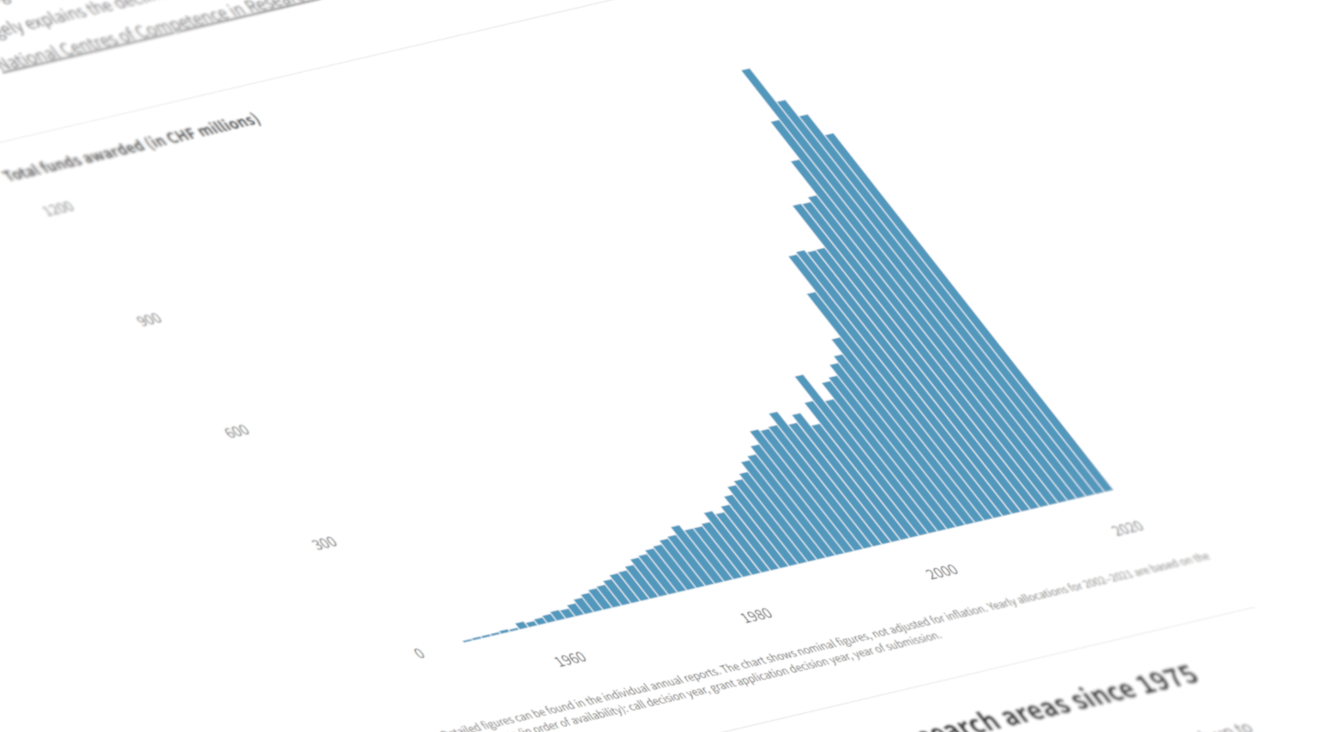
The European Commission has rejected calls from research leaders on both sides of the English Channel for it to put politics aside and allow Switzerland and the UK to join the EU’s Horizon Europe research and innovation programme.
Since March, dozens of researchers from Ukraine have been welcomed at Swiss universities through a special scheme organised by the Scholars at Risk network and the Swiss National Science Foundation.
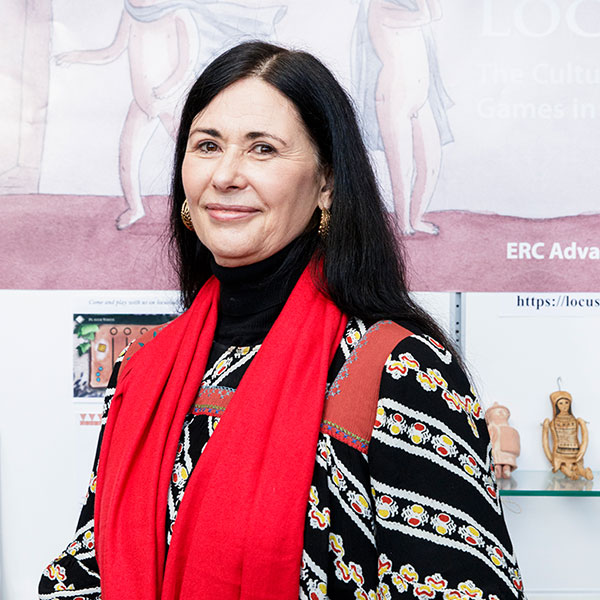
This article illustrates the Bayesian Ranking and Lottery approach for two SNSF grant schemes in career and project funding.
Press release: Hugo Duminil-Copin, Full Professor in the Section of Mathematics at UNIGE, has been awarded the prestigious Fields Medal. The Lake Geneva region has been recognised twice: Professor Maryna Viazovska of the EPFL is also a medalist.
Maryna Viazovska has received a Fields Medal, a prestigious honor often described as the Nobel Prize of Mathematics, for her work on the sphere-packing problem in 8 and 24 dimensions. Previously, the problem had been solved for only three dimensions or fewer. Another Fields Medal is awarded to University of Geneva mathematician Hugo Duminil-Copin.
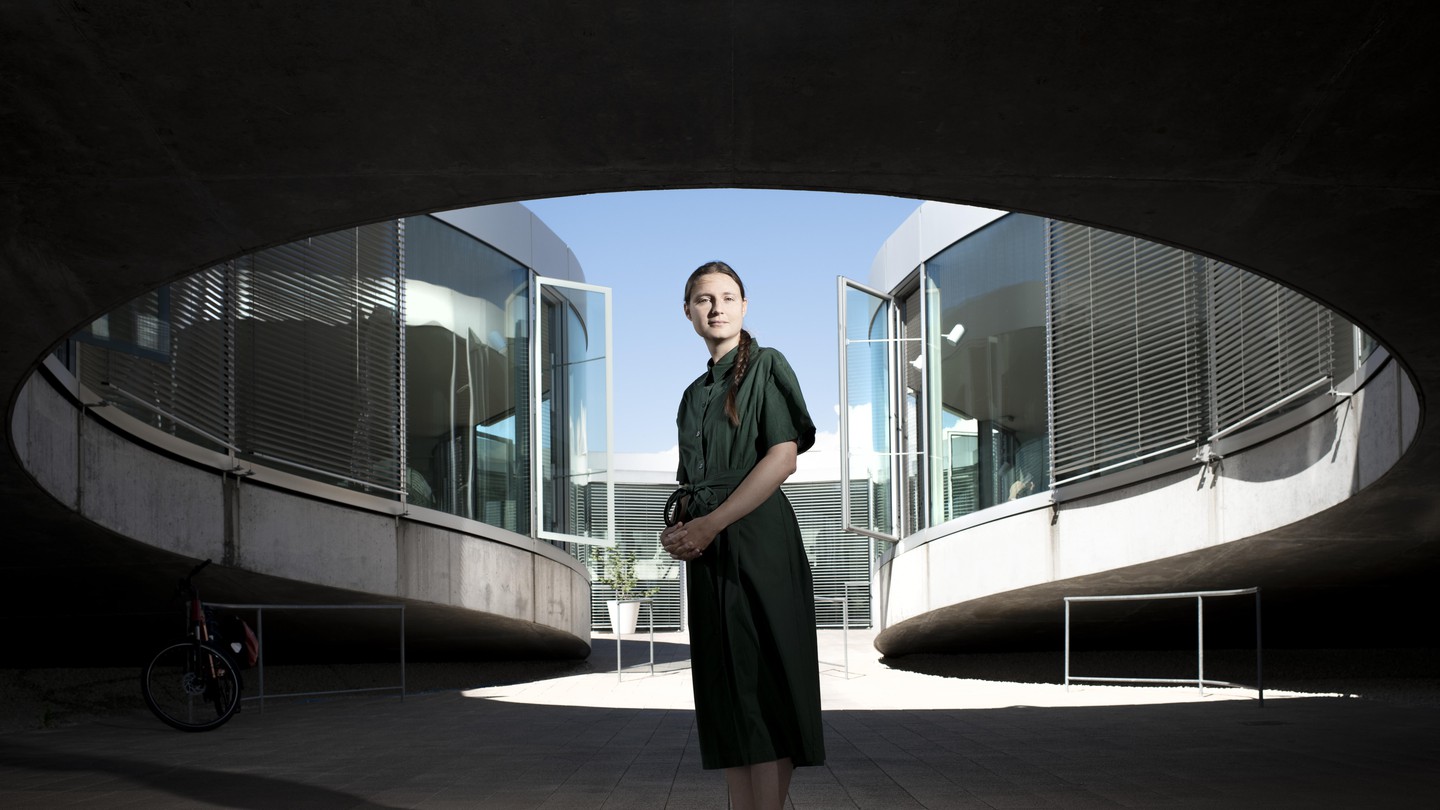
The Swiss National Science Foundation's 'narrative' template seeks evidence of applicants' wider contributions to science.
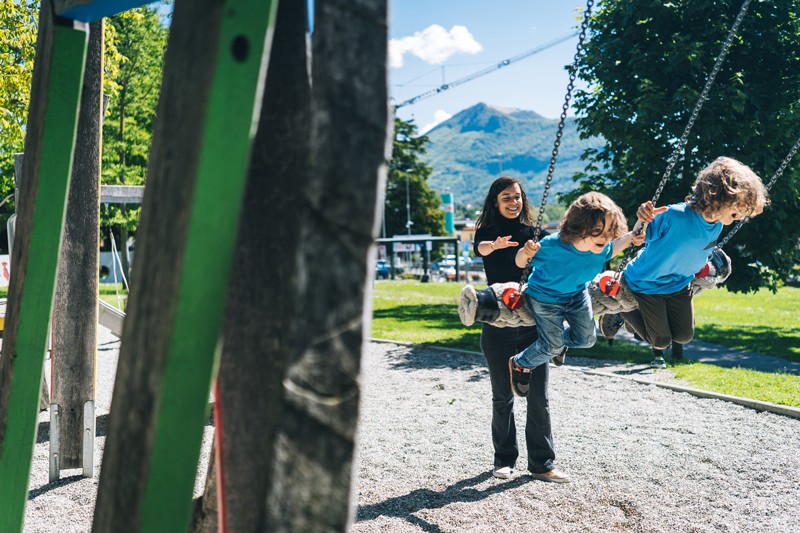
A coalition of research funders has been advocating for free, unrestricted access to publications since 2018. The SNSF is now joining them and adapting its Open Access requirements.

This article explores why the Swiss Federal Council and the Swiss Federal Parliament were reluctant to follow the majority views of the scientific epidemiological community at the beginning of the second wave of the Covid-19 pandemic.
Newly calculated figures illustrate the sharp decline in contributions from EU programmes to Swiss institutions between 2014 and 2017. They also attest to the relevance of Switzerland and the UK in terms of scientific excellence.
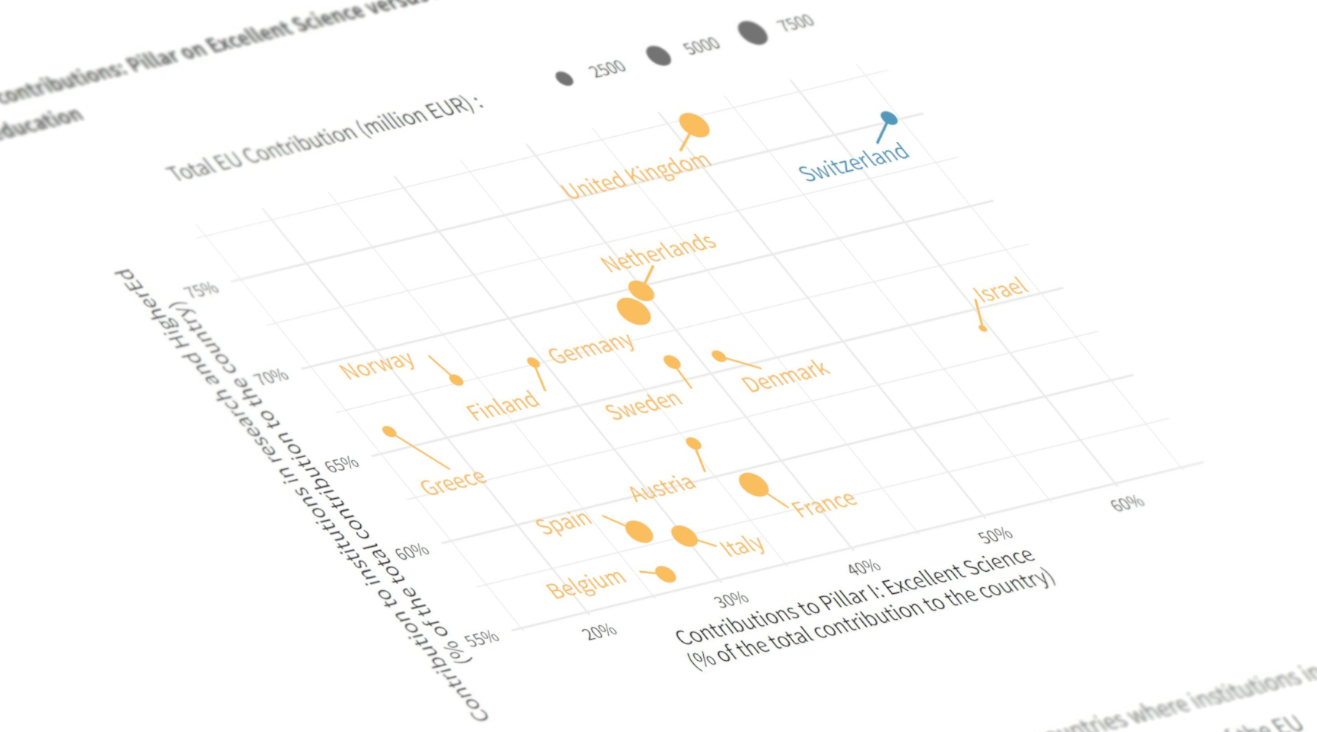
Switzerland is currently considered a non-associated third country in Horizon Europe, the EU Framework Programme for Research and Innovation. On 4 May 2022, the Federal Council adopted extensive measures to bridge the gap arising from this situation.
An ambitious EU initiative aiming to create a cyber-replica of Planet Earth for climate-impact simulations may not include British or Swiss organisations - and some researchers in the project say that's a problem.
In the second year of the Horizon Europe programme, the United Kingdom and Switzerland are not formally associated with the largest research and innovation funding programme in the world.
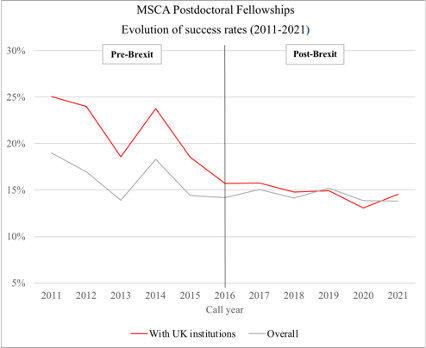
Switzerland and the UK play an important role in scientific projects that bring countries together.
When JET, the Joint European Torus, announced a breakthrough in the production of fusion energy in February, the celebrations could be heard across Europe. Although based in the UK, the project belongs to a much wider fusion research community.
Scientific collaboration has become a casualty of Switzerland's and the United Kingdom's tussles with the European Union.
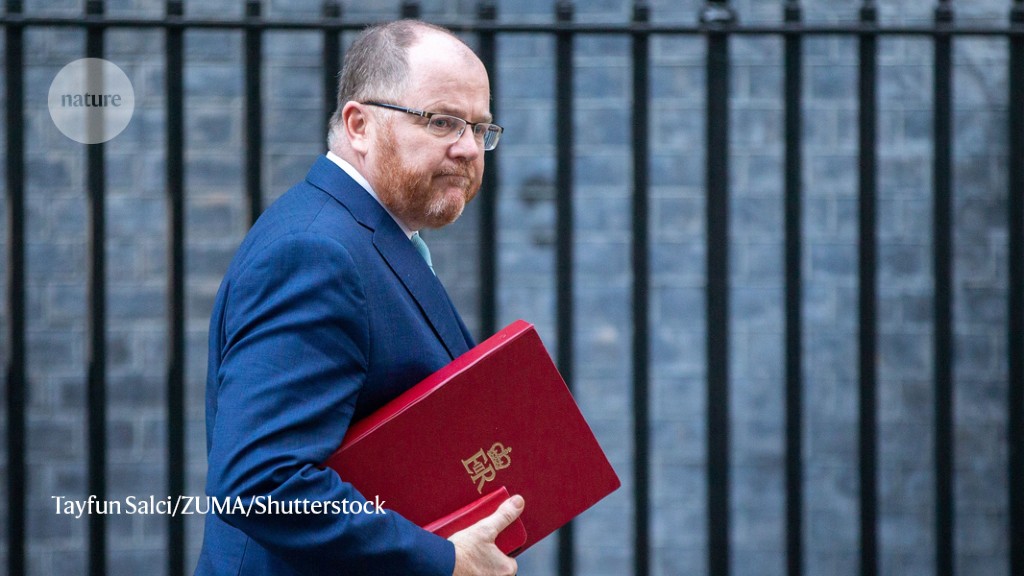
A team of researchers from the University of Geneva (UNIGE) and the Swiss Federal Laboratories for Materials Testing and Research (Empa) has studied various scenarios for reducing the Swiss carbon footprint tied to electricity consumption. The authors recommend the implementation of a domestic generation mix of wind and photovoltaic energy.
The UK has launched a research and development competition with South Korea, the latest in a string of recently announced collaborations with countries outside the EU. It comes as Brussels announces that it has entered official Horizon Europe association talks with South Korea and New Zealand.
Urban beekeeping is booming, heightening awareness of pollinator importance but also raising concerns that its fast growth might exceed existing resources and negatively impact urban biodiversity. To evaluate the magnitude of urban beekeeping growth and its sustainability, we analysed data on beehives and available resources in 14 Swiss cities in 2012-2018 and modelled the sustainability of urban beekeeping under different scenarios of available floral resources and existing carrying capacities. We found large increases in hives numbers across all cities from an average 6.48 hives per km2 (3139 hives in total) in 2012 to an average 10.14 hives per km2 (9370 in total) in 2018 and observed that available resources are insufficient to maintain present densities of beehives, which currently are unsustainable.
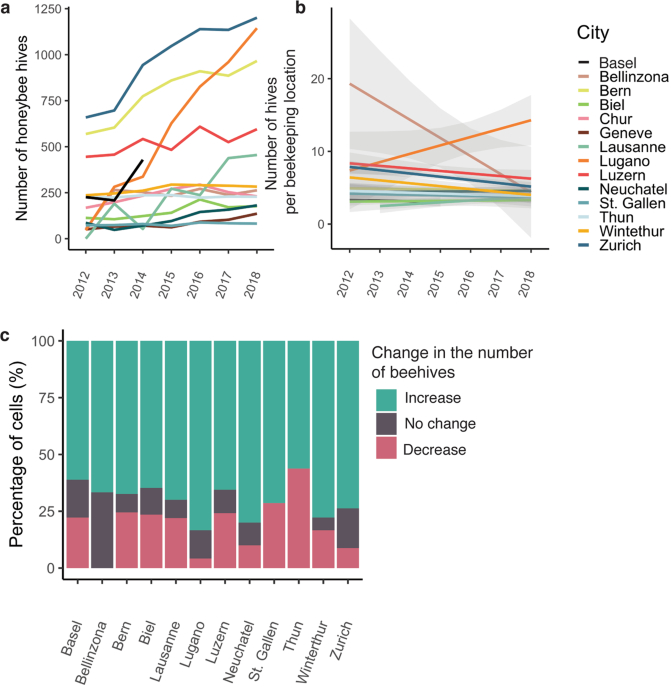
Excluding colleagues from Horizon Europe over political disputes is ‘sadomasochistic’
Switzerland-based early career scientists awarded funding by European Research Council (ERC) grants may have to move to another country to do their research.
As Switzerland celebrates and commemorates the 50th anniversary of the federal referendum on women’s suffrage, the Swiss Science Council takes the opportunity to look back at its own history.
The SNSF Starting Grants 2022 target researchers who wanted to apply for a 2022 ERC Starting Grant or for an SNSF Eccellenza Professorial Fellowship. Consequently, there will be no Eccellenza call 2022.
